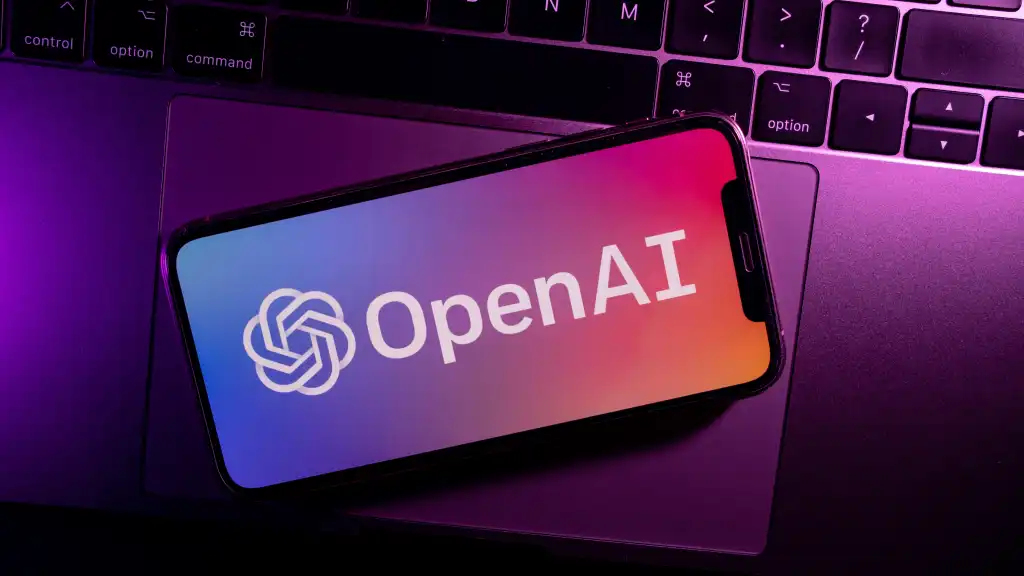
ChatGPT Sends Millions to Verified Election News, Blocks 250,000 Deepfake Attempts
AI
Zaker Adham
09 November 2024
13 August 2024
|
Zaker Adham
Summary
Summary
In a country with 22 official languages and over 19,000 dialects, offering a text-only AI chatbot that works in just a few languages seems impractical. Indian AI startup Sarvam is addressing this challenge by launching a series of voice-enabled AI bots that support more than 10 Indian languages. The startup believes that people would prefer speaking to an AI in their native language rather than typing.

Sarvam, based in Bengaluru, targets businesses and enterprises, particularly those in customer support. One of its clients, Sri Mandir, uses Sarvam’s AI agent for payment processing and has completed over 270,000 transactions. The AI voice agents can be deployed on WhatsApp, within apps, and even through traditional voice calls.
Backed by Peak XV and Lightspeed, Sarvam plans to price its AI agents at ₹1 (approximately 1 cent) per minute of usage. The startup has developed its voice-enabled AI agents on a foundational small language model, Sarvam 2B, trained on a dataset of 4 trillion tokens. Despite concerns about using synthetic data, Sarvam has created models to clean and improve the data used for training.
Sarvam 2B is expected to be cost-effective, at a tenth of the price of comparable models. The startup is open-sourcing the model to encourage community development. Co-founder Vivek Raghavan believes smaller language models are more suitable for use cases requiring millions of daily interactions.
Sarvam is also launching an audio-language model, Shuka, built on its Saaras v1 audio decoder and Meta’s Llama3-8B Instruct. This model is open-sourced, allowing developers to build voice interfaces using Sarvam’s translation and TTS modules. Additionally, the startup is introducing “A1,” a generative AI workbench for lawyers to look up regulations, draft documents, and extract data.
Sarvam is among the few Indian startups advocating for AI use cases that align with national interests and contribute to the government’s AI infrastructure efforts. Governments worldwide are pursuing “sovereign AI” to safeguard data privacy, stimulate economic growth, and tailor AI development to cultural contexts. India’s “IndiaAI” program includes initiatives like IndiaAI Compute Capacity and the Bhashini model, aimed at democratizing digital services across Indian languages.
Raghavan expressed Sarvam’s readiness to contribute to the IndiaAI program, stating, “If the opportunity arises, we will work with the government.”

AI
Zaker Adham
09 November 2024

AI
Zaker Adham
09 November 2024

AI
Zaker Adham
07 November 2024

AI
Zaker Adham
06 November 2024